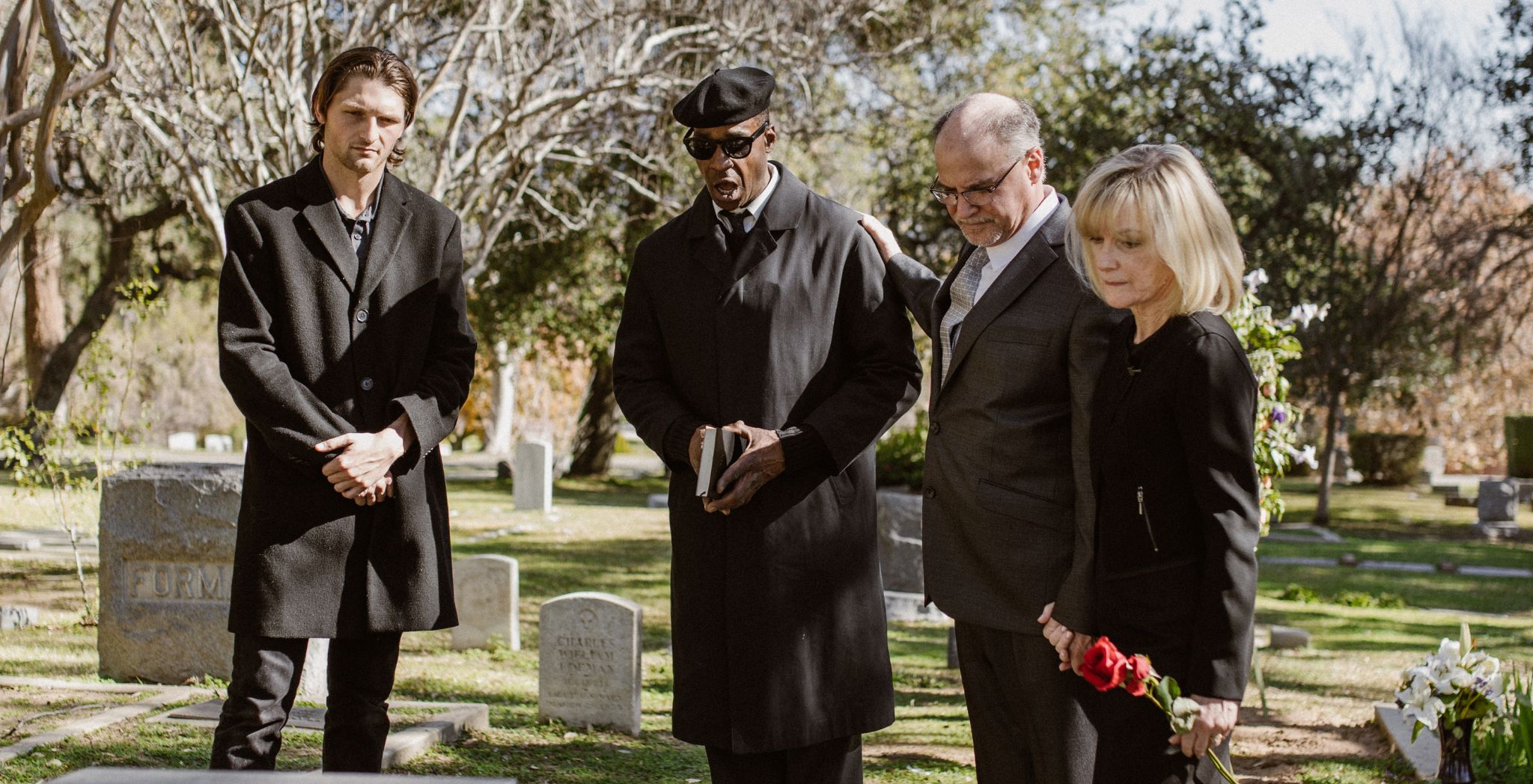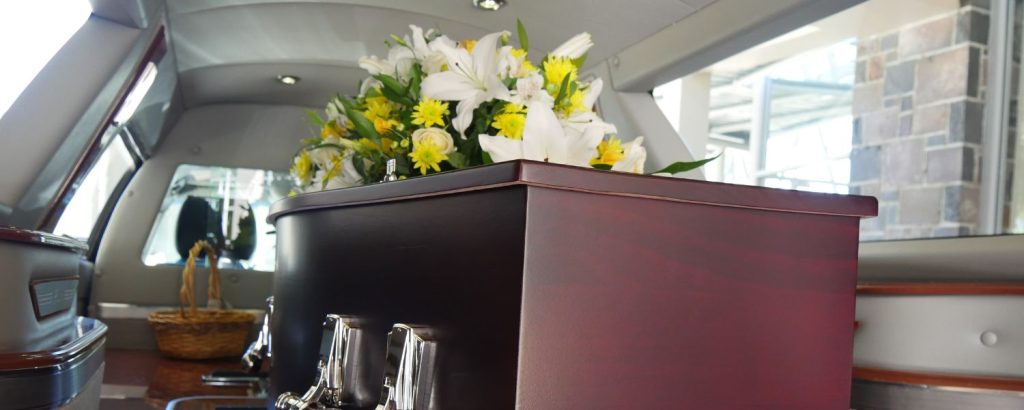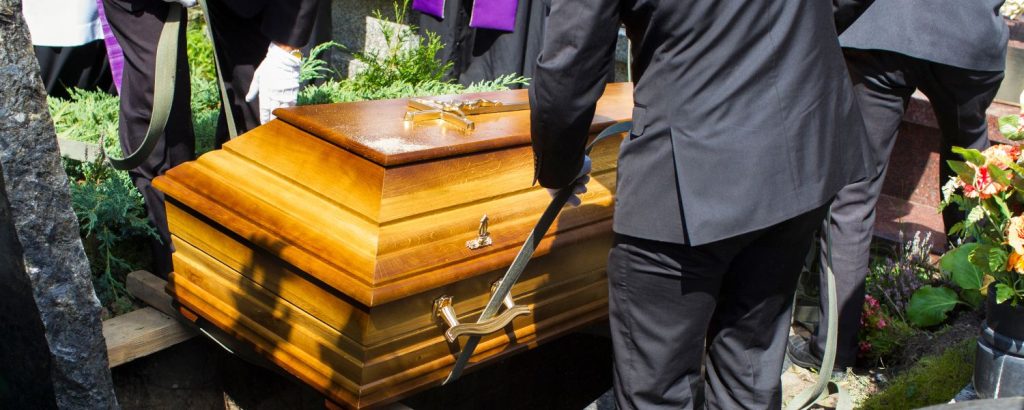
Planning for one’s funeral is a fundamental aspect of life that frequently goes unnoticed until it becomes necessary. However, dedicating time to plan ahead can relieve stress for loved ones amidst an already challenging period. In Australia, funeral planning involves several key considerations to make sure that the wishes of the deceased and their family are honoured appropriately. In this blog, we will talk about the essential aspects of funeral planning in Australia concerning Swanborough Funerals, a reputable provider of funeral services located in Browns Plains.
Planning Before the Funeral

Before the funeral takes place, several crucial decisions need to be made. Planning can help alleviate stress for loved ones during an already difficult time. Here are some important considerations for funeral planning before the actual event:
1. Selecting a Funeral Home
One of the first steps in funeral planning is choosing a reputable funeral home to assist with the arrangements. Families can turn to establishments like Swanborough Funerals in Browns Plains, Australia. When selecting a funeral home, it’s essential to consider factors like reputation, pricing, and the level of personalised service provided. Researching multiple options and meeting with funeral directors can help families make an informed decision.
2. Prearrangement of Funeral Services
Prearranging funeral services allows individuals to plan their funerals, specifying their preferences for burial or cremation, type of service, and other details. This relieves the burden on loved ones to make these decisions during grief. Funeral homes like Swanborough Funerals offer preplanning services to assist individuals in documenting their wishes and making arrangements in advance.
3. Financial Planning
Funeral expenses can add up quickly, so it’s important to consider financial planning as part of the funeral preparation process. Families may set aside funds for funeral expenses or purchase funeral insurance to cover the costs. Funeral homes can guide budgeting and financial options to ensure that funeral expenses are manageable for the family.
4. Documentation and Legal Matters
Several important documents and legal matters must be addressed before the funeral takes place. These include obtaining the death certificate, notifying relevant authorities, and arranging for the disposition of remains. Funeral homes like Swanborough Funerals can assist with these tasks, ensuring all necessary paperwork is completed accurately and promptly.
5. Communication with Family and Friends
Open communication with family and friends is crucial during the funeral planning process. This includes discussing the deceased’s wishes, soliciting input from family members, and informing loved ones about funeral arrangements. Effective and transparent communication is essential to ensure that everyone involved is well-informed and able to actively participate in honouring the memory of the deceased.
6. Cultural and Religious Considerations:
It’s important to consider cultural and religious traditions when planning a funeral. Families may need to consult with religious leaders or cultural advisors to ensure that the funeral service respects the beliefs and customs of the deceased and their family. Funeral homes like Swanborough Funerals are experienced in accommodating diverse cultural and religious needs and can guide the incorporation of relevant traditions into the funeral service.
7. Personalisation and Special Requests
Each funeral uniquely reflects the honoured individual, so it’s essential to consider personalisation and special requests when planning the service. This may include selecting meaningful readings, music, or rituals that reflect the interests and values of the deceased. Funeral homes like Swanborough Funerals collaborate intimately with families to craft individualised and significant tributes that honour the life and lasting influence of their cherished ones.
8. Funeral Service Items
Items used during funeral services serve a crucial role in paying tribute to the departed and offering solace to mourning family and friends. These items may include caskets or urns, floral arrangements, memorial stationery, and keepsakes. Swanborough Funerals offers comprehensive funeral service items to suit various preferences and budgets. Families can choose from various options to create a meaningful and personalised tribute to their loved one.
Planning for During the Funeral

Planning for the duration of the funeral is crucial to ensure that the ceremony proceeds smoothly and according to the wishes of the deceased and their family. This phase involves coordinating various logistical aspects and ensuring that the atmosphere is respectful and conducive to honouring the memory of the departed. Here are some critical considerations for planning during the funeral:
1. Transportation and Arrival
Arranging transportation for family members and guests to the funeral venue is essential. This includes ensuring adequate parking and that guests know where to enter and exit the venue. Swanborough Funerals, located in Browns Plains, may assist with coordinating transportation services if needed.
2. Seating Arrangements
Planning the seating layout is crucial to ensuring all attendees have a clear view of the proceedings and feel comfortable. Reserved seating may be designated for immediate family members, close friends, and clergy. Swanborough Funerals can help organise seating arrangements based on the expected number of attendees and the family’s preferences.
3. Order of Service
Establishing the order of service outlines the events during the funeral ceremony. This may include musical selections, readings, prayers, eulogies, and other tributes. Swanborough Funerals collaborates with the family to tailor an order of service that embodies the desires of the departed and their loved ones.
4. Music and Readings
Selecting appropriate music and readings can enhance the emotional resonance of the funeral service. Families may choose hymns, spiritual songs, or secular music with special significance to the deceased. Readings of religious texts, poetry, or personal reflections may also be included to offer comfort and inspiration to mourners.
5. Rituals and Traditions
Incorporating cultural or religious rituals into the funeral ceremony is important for honouring the beliefs and traditions of the deceased and their family. Swanborough Funerals can guide the service on incorporating specific rituals or customs, ensuring that they are conducted with sensitivity and respect.
6. Audiovisual Presentations
Displaying photos, videos, or slideshows that commemorate the deceased’s life can be a meaningful addition to the funeral service. Swanborough Funerals can assist with creating and coordinating audiovisual presentations that celebrate the departed’s accomplishments, milestones, and cherished memories.
7. Coordination with Officiants and Speakers
Communicating with officiants, clergy members, and speakers in advance is essential to ensure that everyone is prepared and aligned with the order of service. Swanborough Funerals can liaise with clergy members or officiants to coordinate their participation in the funeral ceremony and provide any necessary support.
8. Emotional Support
Providing emotional support to grieving family members and attendees is critical to funeral planning. Swanborough Funerals offers compassionate care and guidance to help families navigate the emotional challenges of saying goodbye to a loved one. Their experienced staff is available to provide comfort, assistance, and reassurance throughout the funeral service.
Planning for After the Funeral

Planning after the funeral is an essential aspect of the funeral planning process that involves attending to various practical, legal, and emotional matters in the aftermath of a loved one’s passing. This phase is critical for providing closure, honouring the memory of the deceased, and supporting grieving family members. Here are some critical considerations for planning after the funeral:
1. Legal and Financial Affairs
After the funeral, it’s essential to address the legal and financial aspects of the deceased’s estate. This may include obtaining death certificates, notifying relevant authorities, and settling outstanding debts and financial accounts. Swanborough Funerals can guide you in navigating these matters and may assist you in obtaining the necessary documentation.
2. Grief Support Services
Grieving is a natural and necessary part of the mourning process, and family members need to receive adequate support during this difficult time. Swanborough Funerals can recommend professional and experienced grief support services aimed at aiding individuals in coping with their loss and navigating the grieving process.
3. Memorialisation and Remembrance
Creating a lasting memorial as a tribute to the departed can offer solace and comfort to those mourning the loss. This may involve designing a headstone or grave marker, planting a memorial tree or garden, or creating a memorial website or online tribute. Swanborough Funerals can assist families with these arrangements and suggest meaningful ways to remember their loved ones.
4. Thank-you notes and Acknowledgments
Expressing gratitude to those who offered support, assistance, and condolences during the funeral is an essential gesture of appreciation. Sending thank-you notes or acknowledgements to friends, family members, clergy, and others who helped organise or attended the funeral can provide closure and foster connections during a challenging time.
5. Review and Reflection
After the funeral, it’s helpful for families to reflect on the experience and review the funeral planning process. This may involve evaluating what aspects of the funeral went well and identifying areas for improvement or adjustment in the future. Swanborough Funerals welcomes feedback from families to ensure that they are satisfied with the services provided and identify any enhancement opportunities.
6. Continuing Support
Grieving is a process that takes time, and ongoing support may be needed in the days, weeks, and months following the funeral. Swanborough Funerals remains available to offer continued support and assistance to grieving families through counselling services, referrals to support groups, or simply providing a compassionate ear to listen.
7. Preparing for Anniversaries and Commemorative Events
Anniversaries, birthdays, and other significant dates can evoke strong emotions for grieving families. Planning for these occasions and organising commemorative events or rituals can provide opportunities for remembrance and healing. Swanborough Funerals can offer guidance on planning memorial services or other commemorative events to honour the memory of the deceased.
Conclusion
Funeral planning is a significant undertaking that requires careful consideration and attention to detail. By proactively organising and collaborating with a reputable funeral home like Swanborough Funerals, families can ensure that their loved ones are honoured respectfully and meaningfully. From selecting the correct type of service to coordinating logistics and handling legal matters, Swanborough Funerals offers comprehensive support to guide families through every step of the funeral planning process. With their compassionate care and dedication to excellence, families can take solace in the assurance that their departed family member’s final wishes will be honoured with dignity and respect.
 "/>
"/>
